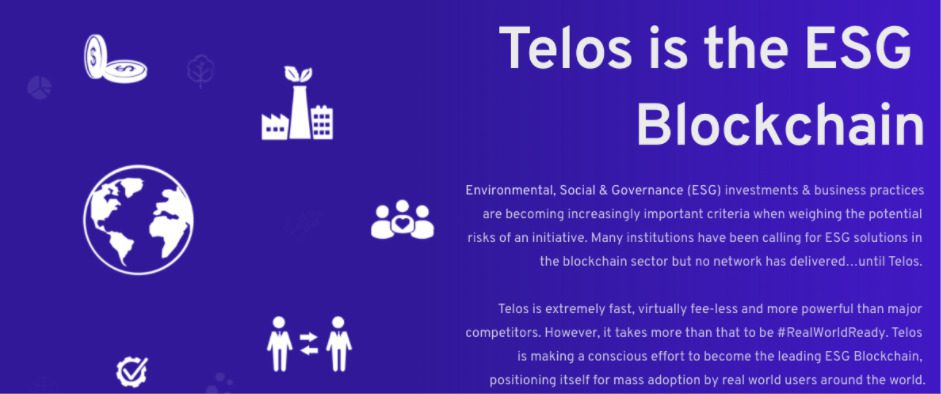Over the years, the climate change argument has been countered by skeptics using data that suggests that the planet is subject to periodical spikes and drops in temperatures and that the phenomenon of ‘global warming’ has been blown severely out of proportion by its proponents. With that in mind, a little over a week ago when the rains started to pour over the western Pacific Ocean near Japan, North America got ready to face one of its most intense and deadly heatwaves ever.
To put things into perspective of how devastating this latest heatwave has been, metrological data suggests that all previous temperature records across the Pacific Northwest of the United States as well as Western Canada have been smashed over the last week or so, with temperatures rising as high as 49.6℃ in some regions. In fact, scientists are pointing out that these types of numbers have not been witnessed in over 80 years.
The climate crisis and why immediate change is required
It is well established at this point that due to the ever-increasing level of carbon dioxide in our surrounding environment — thanks in large part to the incessant burning of fossil fuels globally — the Earth’s average surface temperature has been on the ascent rise for more than fifty years.
From a purely statistical standpoint, one can see that since the turn of the 20th century, the planet’s base temperature has increased by anywhere between 1-2 degrees Celsius. This warmer baseline, in the eyes of many experts, has played an increasing role in certain extreme weather events that have emerged in recent years. Not only that, there is also enough empirical evidence to suggest that the above-stated rate of warming has especially increased over the last few decades — in large part due to increased industrial activity.
Lastly, heatwaves of the past never tended to result in any serious human casualties (at least, across the N.American subcontinent), however, this time around more than 300 people have perished across Canada alone due to the rising heat. In response, the United Kingdom’s former chief scientific advisor and climate change expert Sir David King recently went on record to state:
“The risks have been understood and known for so long and we have not acted, now we have a very narrow timeline for us to manage the problem. Who would have predicted a temperature of 48/49C in British Columbia?”
Enter ESG
Owing to all of the human-induced climate change, Environmental, Social & Governance (ESG) investments & business practices have been able to cover a lot of ground in recent years, with more and more investors starting to make use of the ESG yardstick to weigh the potential reward/loss risks of any projects they may have their eyes on.
And while this yet nascent space has evolved extremely rapidly, with billions of dollars already having flown into this space over the last few years, ESG initiatives do face certain challenges. That said, most of these issues can be resolved by the use of blockchain-enabled platforms that allow for an unfathomable level of transparency. Even then, not a lot of solutions have helped bring together the world of decentralized ledgers with that of ESG — that is, until Telos.
Telos’ ESG initiative stands to be a gamechanger
In its most basic sense, Telos can be viewed as a blockchain platform that is not only fast and efficient but also one that operates in a virtually fee-less environment. The goal of the project, since the beginning, has been to alleviate a number of environmental pain points — particularly those related to energy consumption — that have continued to impede the otherwise monumental growth of the blockchain industry.
Just for comparison, it is worth noting that not only are Telos’ native energy requirements considerably lower than that of many prominent cryptocurrency ecosystems (such as Bitcoin, Ethereum, Ethereum 2.0, Cardano, Ripple) in existence today but the platform is even more power-efficient than traditional payment processors like Visa.
Lastly, to further bolster Telos’ ESG practices, the project’s core team makes the platform undergo a number of routine audits. The data for these inspections is accrued from each individual validator node, thus allowing for a high level of accuracy when it comes to keeping the system’s energy consumption and CO2 generation activities under control.
ESG adoption is a must
As more and more business owners continue to become environmentally conscious and therefore adopt holistic operational policies, it stands to reason that the popularity of environmental, social, and governance (ESG) strategies will only continue to increase. This is probably best made evident by Tesla’s recent decision to stop accepting Bitcoin in lieu of its various offerings — with the company citing Bitcoin’s mining as being too resource intensive as a reason for the same.
Last but not least, even many seasoned investors believe that ESG investing is the only route that people can take to help drive positive change in society whilst allowing capitalistic markets to thrive. Therefore, it will be interesting to see how things pan out for this fast-growing sector from here on out.





































